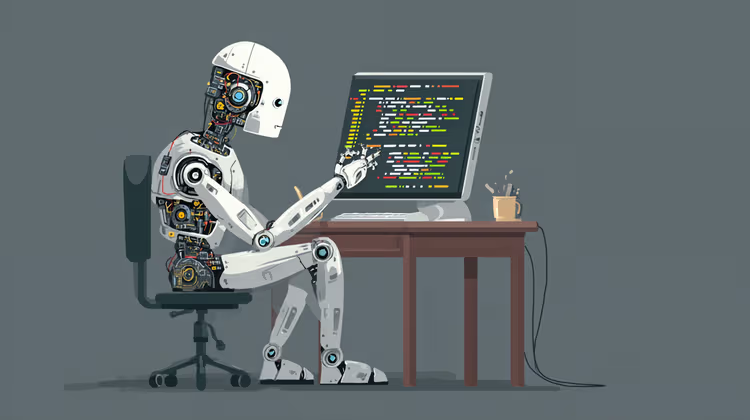Anthropic Launches Claude Code on Web and Mobile, Enabling Parallel Asynchronous AI Coding Jobs
Anthropic Expands Claude Code: A Game-Changer for AI-Powered Asynchronous Developer Tools
The landscape of AI-powered coding services is rapidly advancing, and leading the charge is Anthropic’s Claude Code.
Effective today, the AI coding agent is now accessible via the web platform and, in a preview release, on the Claude iOS mobile app, granting developers powerful new asynchronous coding capabilities. Previously, Claude Code was confined to terminals on developers’ PCs, offering support for key tools like Git, Docker, Kubernetes, npm, pip, and AWS CLI. It was also available as an extension, Claude Agent, for popular integrated development environments (IDEs) such as Microsoft’s VS Code and various JetBrains products.
“Claude Code on the web lets you kick off complex coding sessions without the necessity of opening your terminal,” Anthropic announced in a recent blog post. “Simply connect your GitHub repositories, clearly define the task, and Claude will manage the entire implementation. Each session operates within a dedicated isolated environment with real-time tracking, allowing you to actively intervene and adjust Claude’s course as it works through tasks.”
This significant expansion supports the growing enterprise demand for running coding projects asynchronously and marks Anthropic’s move to more closely rival OpenAI’s Codex AI coding platform (a GPT-5 variant), which launched its own mobile and web access in mid-September 2025.
Enhancing Developer Productivity with Parallel Usage
Anthropic emphasized that running Claude Code on its managed cloud infrastructure is a major productivity boost, allowing teams to “now execute multiple coding tasks in parallel across various repositories from a single interface. This helps teams ship code faster with automated Pull Request (PR) creation and concise change summaries.”
A core feature desired in the AI coding agent market is the ability for developers to run multiple projects—such as concurrent bugfixes or feature generations—at the same time. Competing products, including Google’s coding agents, Jules and Code Assist, already offer both asynchronous code generation and validation checks, mirroring the parallel capability found in OpenAI’s Codex.
Anthropic maintains that integrating Claude Code into the web platform will not disrupt existing desktop workflows. It notes that running tasks in the cloud is most efficient for routine, well-defined tasks, such as answering repository structure questions, applying bugfixes, or performing backend changes that require verification.
While many developers will likely continue to prefer desktop access for deep-focus work, Anthropic views the new mobile version as an incentive for more users to “explore coding with Claude on the go,” maximizing time efficiency.
Enterprise-Grade Security and Isolated Environments
Anthropic stressed that the cloud execution of Claude Code tasks retains the same high level of security as its terminal-based predecessor. Each job is run within an isolated sandbox environment protected by strict network and filesystem restrictions.
All model interactions are routed through a secure proxy service, which ensures the AI model can only access and interact with repositories explicitly authorized by the user. Furthermore, enterprise users benefit from the ability to fully customize the exact network domains Claude Code is permitted to connect to.
Claude Code is powered by Claude Sonnet 4.5, which Anthropic positions as the current best-in-class coding model. The company recently broadened access to its smaller but highly capable model, Claude Haiku 4.5, making it available to all Claude subscribers, including free-tier users, further supporting its commitment to democratizing advanced developer tools.
This news was originally published in:
Original source

